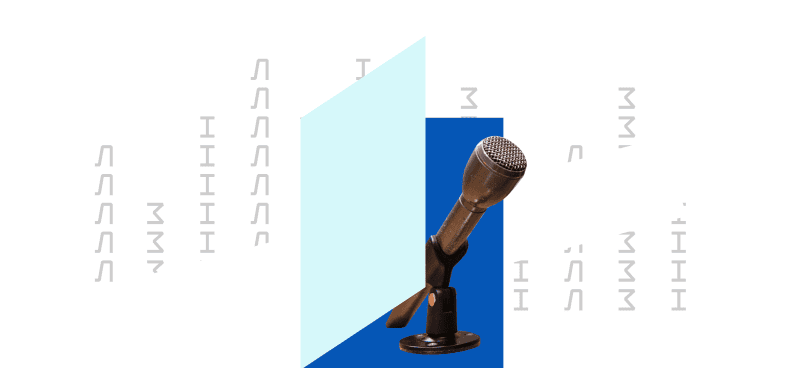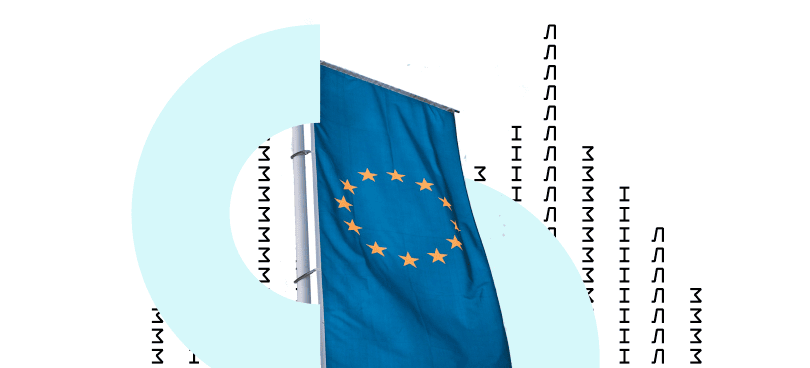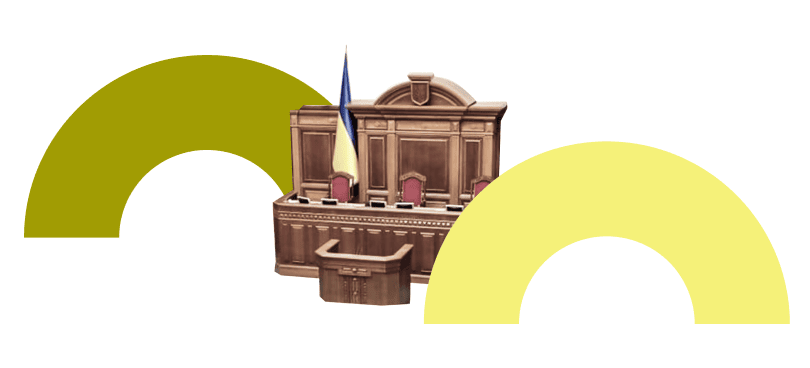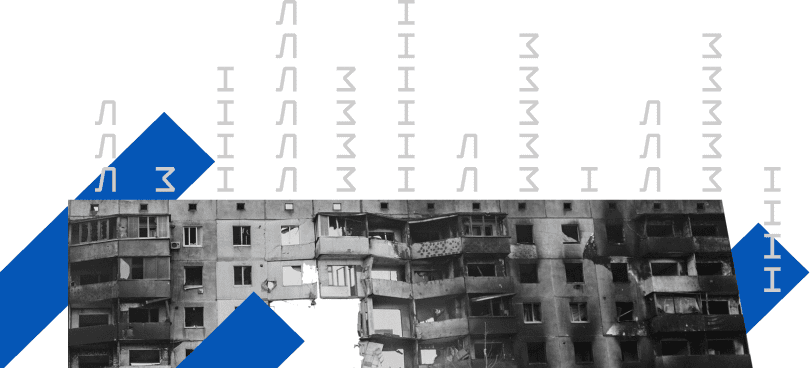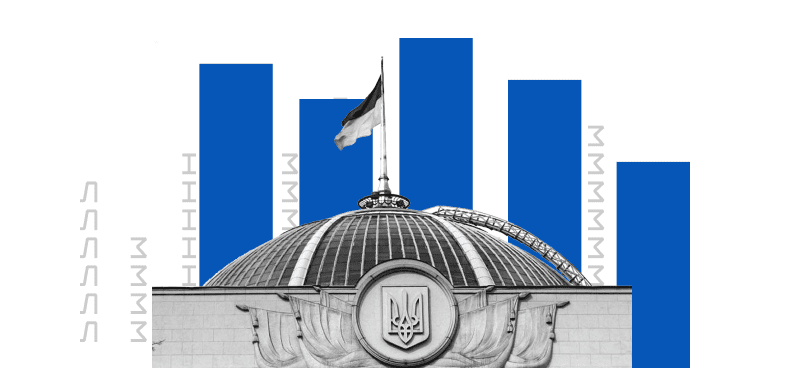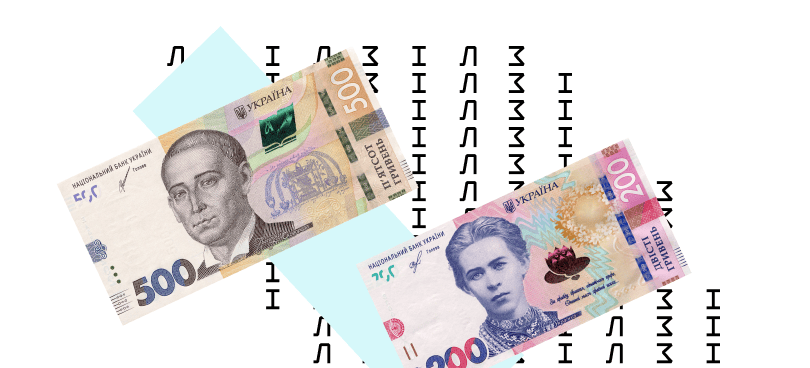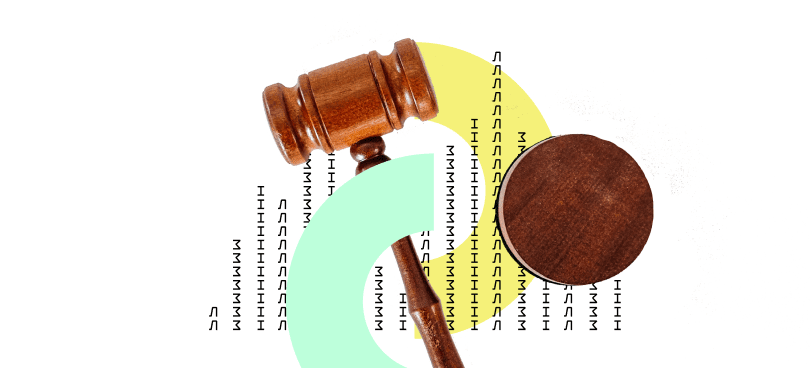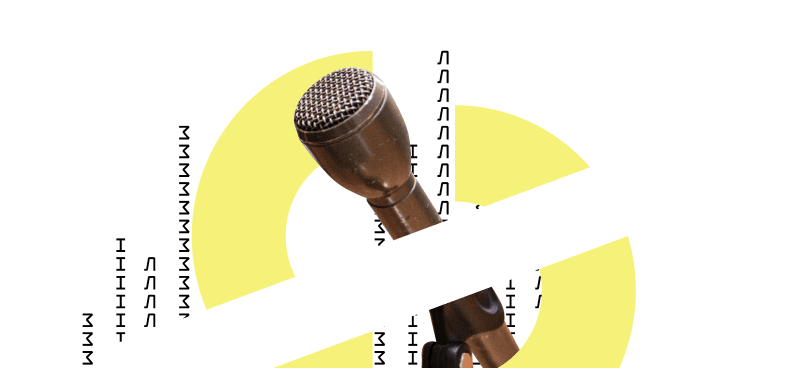ALI’s article for Ukrainska Pravda
Accountability and control of political party funding may soon be restored. The draft laws on this issue were submitted by the Cabinet of Ministers and MPs on the initiative of the first deputy chairman of the Verkhovna Rada Oleksandr Korniyenko.
This is already the third iteration of the introduction of state financing of parties and control over their finances. The first attempt took place back in 2008. At that time, the Agency for Legislative Initiatives was one of the organisations that promoted the idea of state financing of parties and effective control over their receipts and expenditures.
Unfortunately, 15 years ago, the majority of political forces did not accept such an idea, contenting themselves with opaque oligarchic financing. Unwillingness to be accountable and populist rhetoric slowed everything down.
But why is reporting needed at all? The general logic of state financing of parties and control over their finances is that it can:
- reduce the influence of big capital (that is, individual private donors and industrial and financial groups) on political parties and, accordingly, on the adoption of political decisions;
- make the financing of political parties transparent and strengthen control over party finances by the state;
- provide conditions for the development of new political parties, fair and transparent interparty competition.
Ukrainian parties returned to financing and control for the second time in 2015. It was part of a broader reform to fight corruption. The Ukrainian public and influential international organisations, such as the OSCE, the Venice Commission, and GRECO, supported the reform.
A special body was created – the National Agency on Corruption Prevention (NACP), which was supposed, in particular, to administer the budget financing of parliamentary parties and control the activities of all parties, collecting and checking reports on income and expenses. In case of detection of violations, administrative and, in some cases, criminal liability could be imposed. If a violation concerned the parliamentary parties, NACP had the authority to stop funding from the state budget.
The second attempt to introduce party financing and reporting proved more successful. Money from the state budget began to flow to the parties in 2016 and continues to flow to this day. However, reporting was not such a continuous process – it was mandatory from the fall of 2016 until the spring of 2020, that is, for three and a half years.
And then, the COVID-19 pandemic started. The Verkhovna Rada allowed the parties not to submit reports for the quarantine period. Because of this, it is impossible to control the parties’ activities to detect violations and questionable contributions.
This step seemed logical at one time because the coronavirus pandemic complicated the work of many bodies – both party and state. It was more difficult for them to obtain the documents necessary for reporting and organising this process.
But already in 2021, it became apparent that society had adapted to the pandemic, the work of both state and non-state bodies improved, but control over funds was not renewed.
Parliamentary parties received funds but didn’t have to report on them. They were not forbidden to do this, but they were not obliged either.
Parties could voluntarily report, but this option did not become popular. Large parties, with a few exceptions, did not submit reports. If any parties did report, they were usually small parties that had [almost] no expenses and income. Therefore, the problem of uncontrolled financing of parliamentary parties was not solved.
Talks about renewing reporting and control were cut short in February 2022. In March 2022, Verkhovna Rada relaxed the reporting requirements of legal entities: reports could be submitted or not submitted, liability for non-submission/late submission was abolished, and authorised bodies could conduct or not conduct audits of reports. There were objective reasons for this – part of the documentation was destroyed, and banks and control bodies had significant interruptions in their work.
Parties have the status of legal entities, so these rules also apply to them. This means that NACP could neither check party reports nor impose liability on the party.
Additional relaxations were created, common to all legal entities during martial law, in addition to specific relaxations established specifically for parties during quarantine.
After a year and a half of martial law, a new demand for party accountability appeared in society. So there were registered two draft laws to resolve this issue.
Government draft law No. 9419, dated June 26, 2023
Its main focus is on detailing the party financing mechanism and possible party expenses, but in general, the draft law is quite versatile and provides for:
- Limitation of contributions to party support through related legal entities and non-profit organisations, in particular, to limit indirect influence;
- Limitation of the total amount of the contribution at the level of 20% of its total aggregate income for the last five years (to avoid financing by fictitious persons);
- Separately, it is allowed to finance the involvement of persons with disabilities in parties;
- The priority areas of party financing have been determined;
- Prohibited types of expenses financed from the state budget have been established;
- The system of distribution of state budget funds between parties is changing;
- COVID-19 relaxations for party reporting are going to be cancelled.
Another draft law, initiated by the First Deputy Chairman of the VRU, Oleksandr Korniyenko, No. 9419-1, dated July 12, 2023
This draft law is more comprehensive in terms of restoring reporting. It provides:
- Reduction of the percentage barrier that a party must overcome in elections to receive funding from 5 to 3%, which should facilitate the development of smaller parties.
- Martial law reporting exemptions that apply to all legal entities will no longer apply to parties.
- If the party has state funding, its reports for previous periods (from 2020) must be submitted by 90 days after the date of entry into force of this law.
- If the party does NOT have state funding, its reports for previous periods must be submitted by 120 days after the date of entry into force of this law.
- Reports for these earlier periods may be in an annual format, and quarterly reports should resume in the future.
- The NACP must verify these reports and reports voluntarily submitted during martial law within 60 days from the date of submission or the date of entry into force of the law.
- Parties are released from responsibility if they cannot provide information due to force majeure circumstances related to hostilities (destruction, damage or unavailability due to occupation – documents or computers). Force majeure must be documented.
- The register of party reporting resumes.
If we compare these two draft laws, the task of restoring reporting and control is better performed by draft law No. 9419-1.
Draft law No. 9419 in its current version will not lead to the resumption of reporting because martial law is currently in effect. Therefore parties will be subject to general relaxations for reporting that apply to all legal entities.
Draft law No. 9419 cancels only the COVID-19 relaxations. In addition, it does not define any transitional norms and rules for submitting reports for previous periods, nor does it consider the limitations of martial law.
Transitional provisions and cancellation of COVID-19 and martial law relaxations are in draft law No. 9419-1.
Although draft law No. 9419 does not restore party reporting, it can improve the general mechanism of state financing. Still, its current version contains part of unfinished norms that do not have real implementation mechanisms or appear to be unnecessary.
In general, draft laws No. 9419 and No. 9419-1 do not contradict each other too much. Therefore, it will be interesting to observe their consideration process because they are alternatives. Both draft laws have quite promising initiators – the Cabinet of Ministers for No. 9419 and the First Deputy Chairman of the VRU with the support of several factions and groups for No. 9419-1.
So, there is a reasonable prospect of restoring the accountability of political parties, especially those that receive state funding. Control over how they spend these funds can finally be restored.
At the same time, it is essential to avoid making mistakes made in the previous period. Most recently, on June 6, 2023, the Accounts Chamber’s report on the audit of state financing of parties in 2016-2019 was released, which covers three out of three and a half years of total control and reporting on party finances. The conclusion of this report is quite sad:
“The National Agency on Corruption Prevention has not ensured effective management, productive, economical, effective and legal use of state budget funds allocated for leadership and management in the field of corruption prevention and financing political parties’ statutory activities”.
Party financing lacks performance indicators, making it difficult for the Audit Chamber to evaluate relevant budget programs. Therefore, assessing the effectiveness of using UAH 1.5 billion to finance parties was impossible. Control over how money was spent on party financing by the NACP was complicated due to shortcomings in the legislation, which the NACP still needs to correct.
Unfortunately, neither draft law No. 9419 nor No. 9419-1 take into account parts of the recommendations of the Accounting Chamber. For example, the recommendation regarding “determining the reporting of local organisations of political parties on the spending of state funding and the crediting of state funding to separate accounts of local organisations to improve control over the targeted use of these funds” was not considered.
Therefore, draft laws No. 9419 and No. 9419-1 can restore party accountability and improve their financing mechanisms. However, the NACP, the Cabinet of Ministers and MPs should be proactive in this process. As seen from the audit of the Accounting Chamber, even the most accountable period of party funding in 2016-2019 had significant shortcomings.
After restoring accountability, systemic work must begin to correct all these shortcomings. If this is not done, public trust in the party financing mechanism may decrease to the level of 2008, when political forces successfully manipulated public opinion and cancelled party financing and reporting. As a result, the influence of oligarchic groups was not eliminated, the conditions for fair and transparent party competition were not created, and new powerful political parties did not appear.
The abolition of party funding and control contributed to preserving the opaque political-party life of the late 2000s. Such phenomena as “Yanukovych-president”, “party-switching”, voting for “dictatorship laws on January 16”, usurpation of power, etc., were the result of this situation. A new iteration of such a development could be fatal for Ukraine. Members of the Verkhovna Rada of Ukraine should not allow this.

